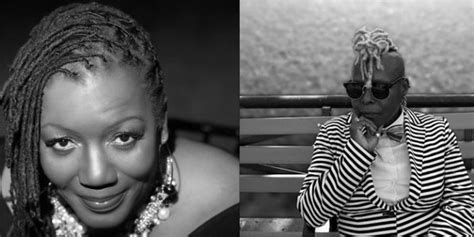A Quote by Ayelet Waldman
Because of my bipolar disorder, I tend to these mixed states, which are depressed but loud and agitated. So I can be terribly irritable. I go to cognitive behavioral therapy in order not to yell at my children.
Related Quotes
I learned that I suffered from bipolar II disorder, a less serious variant of bipolar I, which was once known as manic depression. The information was naturally frightening; up to 1 in 5 people with bipolar disorder will commit suicide, and rates may even be higher for those suffering from bipolar II.
The house has to be clean and in order because I have to be able to sift through the creative disorder in my mind. The mental disorder that I'm exploring has to bounce off the walls. It has to go in and out of different rooms. If the room is not in order, then I can't distinguish which is which, and that really drives me crazy.
For bipolar in adults, I think there's pretty good agreement about what this looks like. For bipolar in children, there is some considerable debate about where are the boundaries. At the mild end, are these just kids who are active? Is this the class clown at the very severe - is this something other than a mood disorder?
The cognitive therapy that takes place in the film Antichrist is a form of therapy that I have used for some time, and it has to do with confronting your fears. I would say that especially the part of the film that has to do with therapy is humoristic because people who know about this form of therapy would know that the character is more than a fool.
The three most ancient opinions concerning God are Anarchia, Polyarchia, and Monarchia. The first two are the sport of the children of Hellas, and may they continue to be so. For Anarchy is a thing without order; and the Rule of Many is factious, and thus anarchical, and thus disorderly. For both these tend to the same thing, namely disorder; and this to dissolution, for disorder is the first step to dissolution. But Monarchy is what we hold in honor.




































